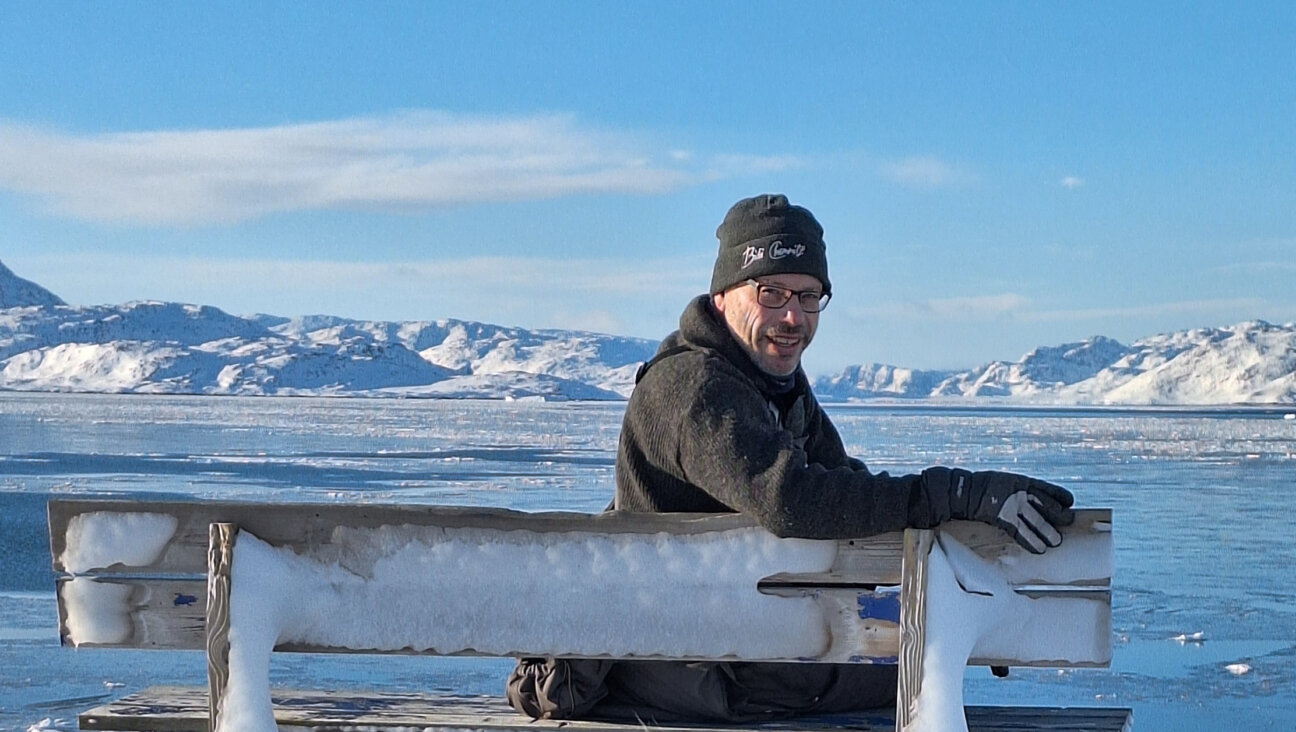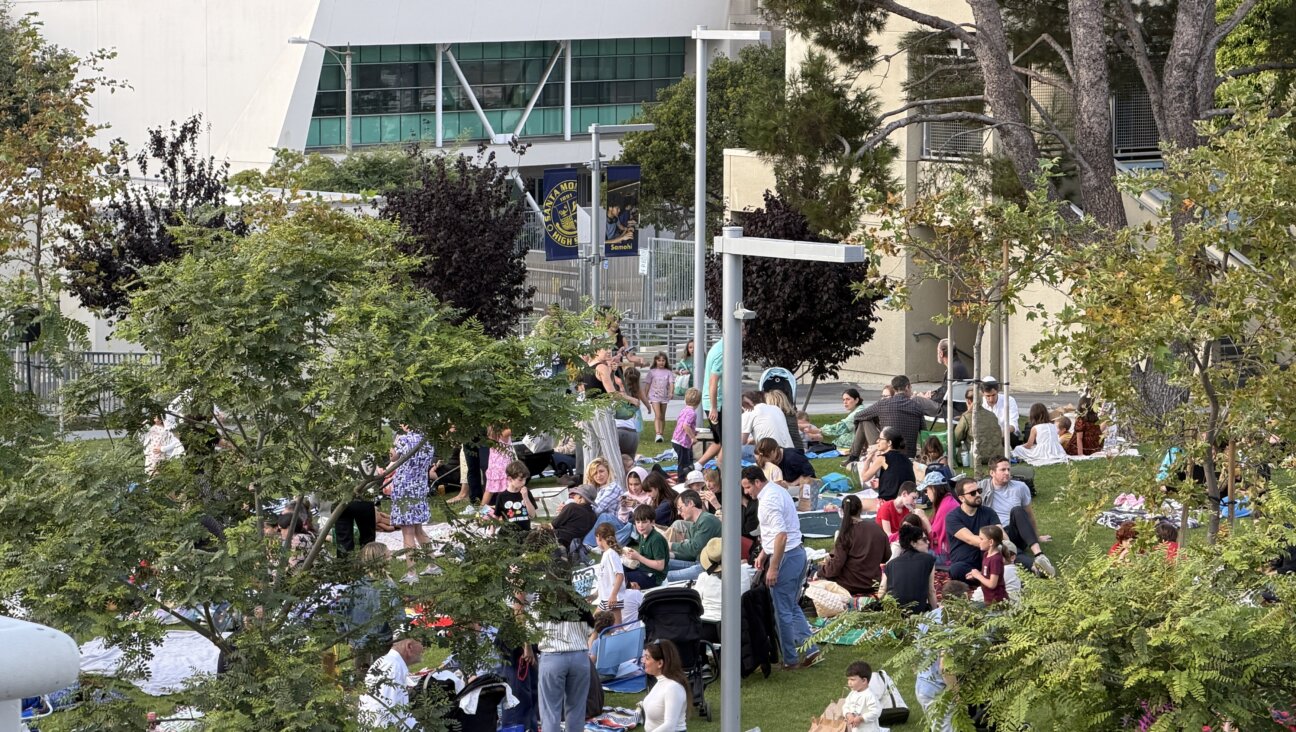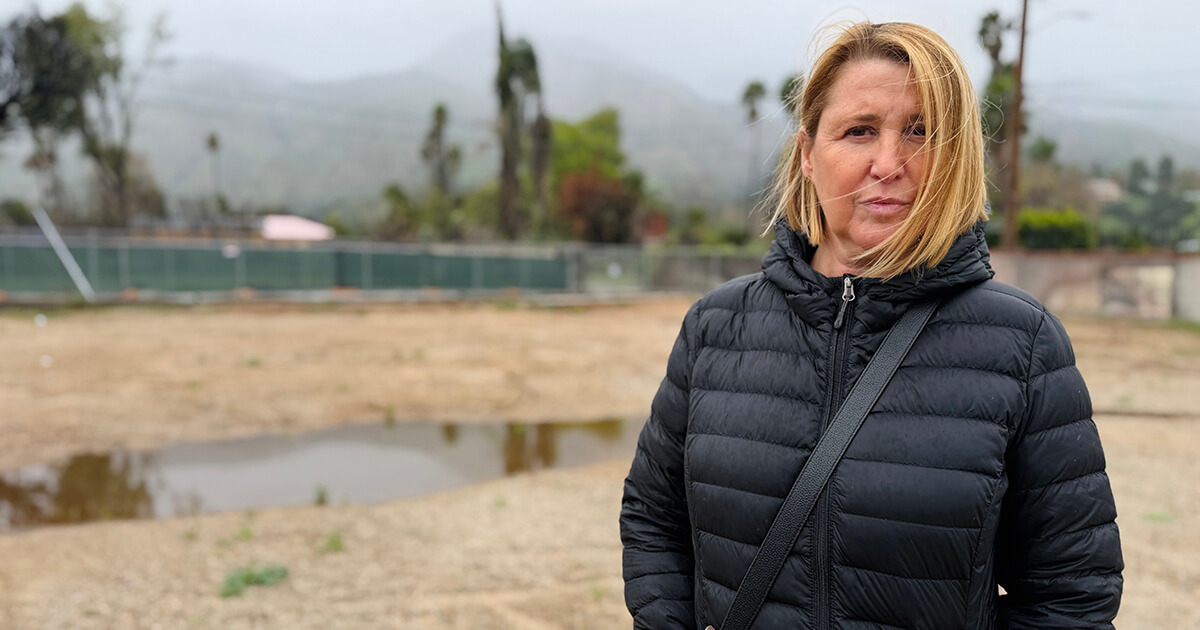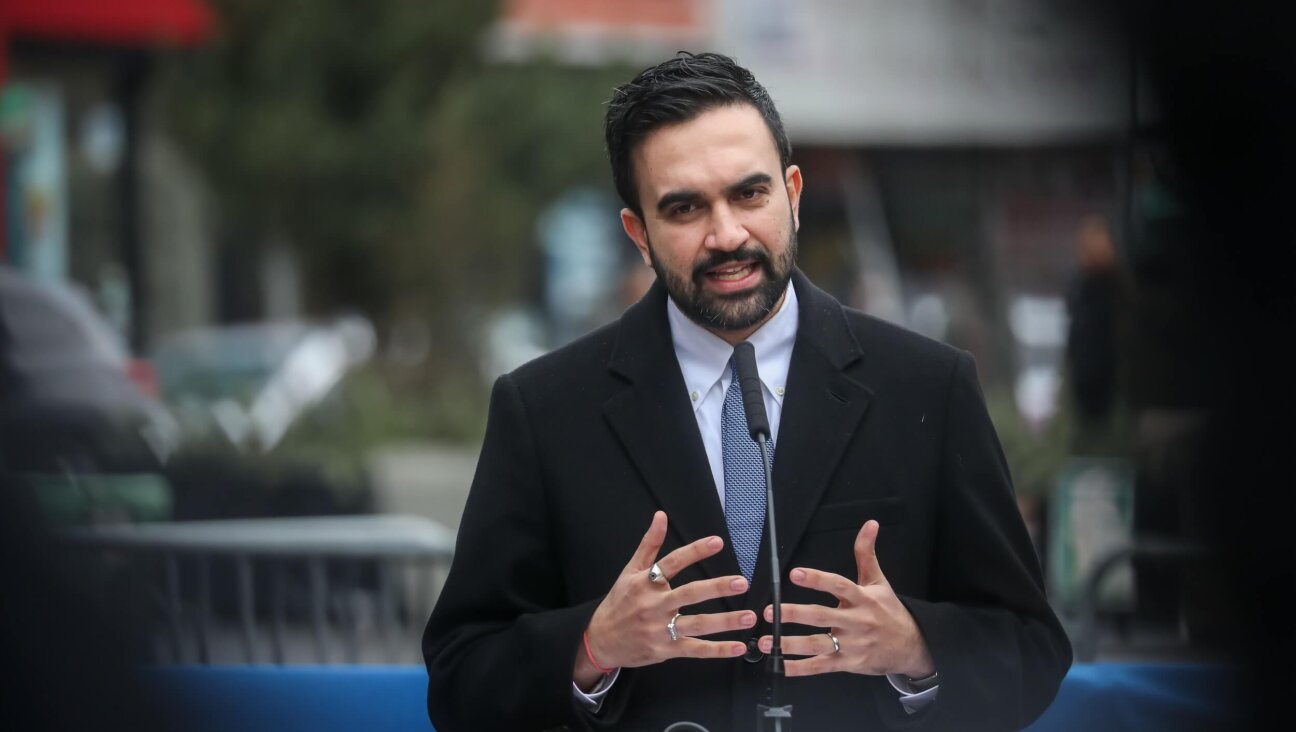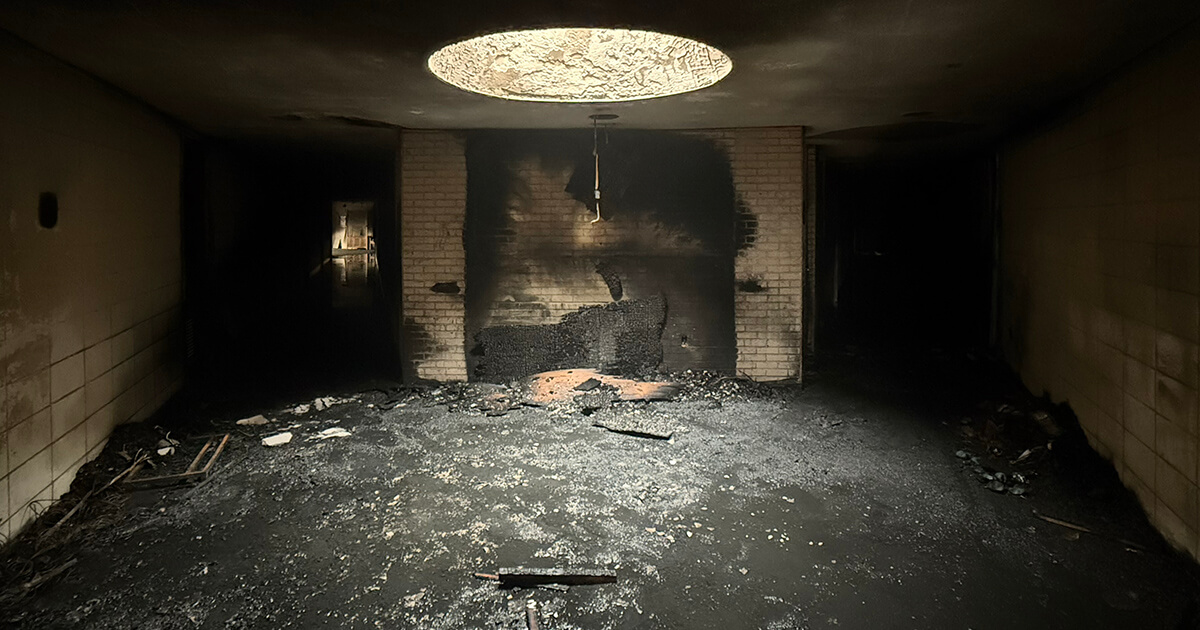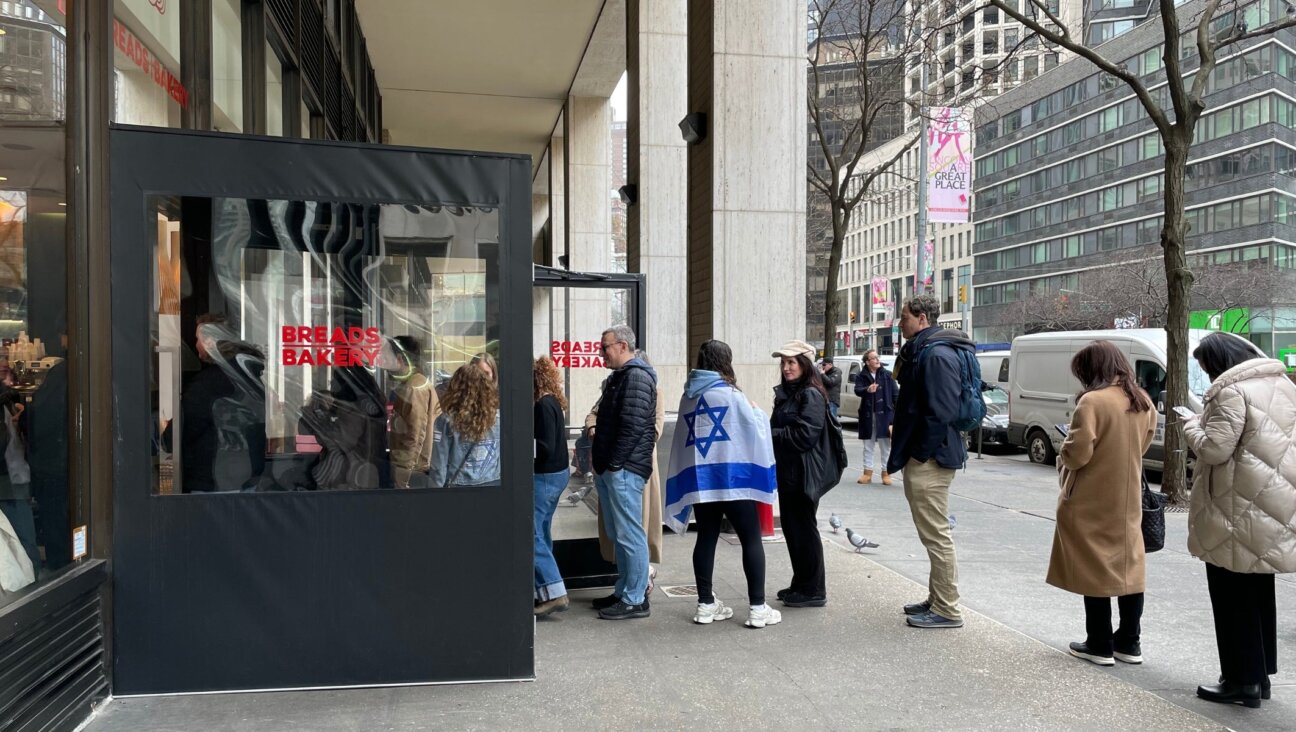International Law Itself on Trial In Milosevic’s War Crimes Case
Slobodan Milosevic had a pleasant demeanor when we sat down in Dayton, Ohio, nine years ago to negotiate peace in Bosnia. He was engaging, accessible and charismatic, and even when an impish smile would cloud over his face, the result was less a storm than a soggy downpour.
Toward worthy adversaries and mediators, Milosevic employed a seduction of the ego. He would court, make a partner and then move his attention to another. Jilted mediators would rush to regain his favor as they came to see Milosevic’s gaze as reaffirming their own relevance.
This tactic worked for him until 2001, when his own countrymen packed him off to the Hague. Now in front of the International Criminal Tribunal for the former Yugoslavia on 66 charges of genocide and war crimes, Milosevic is scheduled to open his defense July 5.
More than the fate of the Serbian despot, however, rests on the prosecution of the Milosevic case. Indeed, the whole of international humanitarian law is on trial.
* * *|
Slobodan Milosevic was not a true believer. In front of the Serbian public, he cloaked himself in nationalism. But in private with Western European and American mediators, he would abandon the cast of his soap opera and join the audience in caricaturing, even ridiculing, the script and performance of fellow players.
But he also left little doubt as to who was the director and producer.
He had nimbly privatized nationalism as the ideology of communism was discredited in Central Europe. Probably more so than most former communist apparatchiks seeking to reinvent themselves, he was for that transitional moment of the 1990s effective in melding the methodology of communism to the tidal swell of nationalism.
It would be inappropriate to force into the discussion about Milosevic terms such as “Nazi,” “Holocaust” or “Hitler.” Those historical references are unparalleled in terms of scope, systemization and the evil committed. It is also important, however, not to apply those as barometers in determining either the character or the response to what happened in the former Yugoslavia during his reign.
“Ethnic cleansing” has now been determined by the Yugoslav tribunal to be genocide. The ethnic cleansing committed in Bosnia and Herzegovina was the outcome of a policy of fascism, launched by Milosevic, which infected his own country and affected neighboring states. Rhetorical swashbuckling aside, he should have been confronted well before he was indicted.
How Milosevic avoided confrontation with the Western powers for years, and how he almost escaped the judgment of the Yugoslav tribunal through his maneuverings at Dayton, offers a first-rate lesson in the difference between compromise and appeasement.
In negotiations, compromise is more than just a necessary evil. Particularly for a fledgling democracy, it is a more certain road than military victory to the triumph of peace. However, in crossing the bridge of compromise, one should not leave behind the universal principles of justice and an open society, nor use them as chips at the bargaining table. Such appeasement nearly always leads to negotiations that are as much psychological as strategic, in which the willingness to make legitimate compromises is misinterpreted as weakness.
Such was the case at Dayton, where Milosevic initially succeeded in devolving the talks into bargaining over territory. He projected concessions by bargaining with ethnically cleansed lands that were no political leader’s chips. Simultaneously, he was effective in maximizing his influence over Bosnian institutions by subjecting them to ethnic criteria and infecting them with functional flaws. Almost a decade later, Bosnia is still fragmented, overburdened as it is by a communist legacy that has proved resistant to methodological change and is in need of continued international mentoring.
Milosevic strategized that a general amnesty agreement would be relatively easy to secure as the final element to the Dayton Peace Accords. After all, that had been the post- World War II precedent, explicit or implicit, for the array of regional and national liberation conflicts. In one of his few tactical blunders, however, Milosevic underestimated the international community’s commitment to hold accountable the purveyors of injustice.
Despite more than subtle attempts to emasculate the International Criminal Tribunal for the former Yugoslavia, I made its efficacy my first priority in Dayton — it was not to become just a show trial for the small fish while the planners escaped its jurisdiction. Rather than being an instrument of retribution or punishment, the tribunal was envisioned as a catalyst for strengthening peace and the process of reconciliation.
But when the Yugoslav tribunal was mandated by the United Nations Security Council in 1993, many of those who voted for its establishment did so as a substitute for direct intervention against Milosevic. The promise of justice tomorrow rationalized inaction on that day.
Even when the tribunal became a functioning institution, it had to scrap for resources. What was even more difficult to overcome was the stated indifference of some states and Western officials toward the investigation and arrest of alleged war criminals.
In 1996, a French official rejected the tribunal’s imperative to interview the French general in command of United Nation’s peacekeepers in Bosnia at the time of the fall of Srebrenica and the subsequent massacre of more than 7,500. Beyond questioning the tribunal’s authority, he denigrated it with a label akin to a Mickey Mouse Court.
American officials were not always better. An American general in command of NATO troops implementing the Dayton Peace Accords publicly expressed the view that the life of one of his soldiers “from Omaha” was not worth risking in order to arrest an indicted person. In the meantime, General Ratko Mladic and Radovan Karadzic, respectively the military and political chief of the genocide in Bosnia, drove without intervention through NATO checkpoints. The message was more damaging than the actual inaction.
Now, consensus has come to reflect the realpolitik value of the tribunal, even if almost a decade later. Indicted persons, Mladic and Karadzic included, are in hiding with the help of allies and sympathizers in the region — but this time NATO troops are actively seeking them out.
What the Yugoslav tribunal has started to put forth is a practical application of the rules of war, including actions affecting civilians — which, as was the case in the Nuremberg Trials, previously had been levied with the distinction of victor and vanquished. The Yugoslav tribunal gave impetus to the creation of the International Criminal Tribunal for Rwanda, and only a couple of years later it was both the political impetus and legal guide on many issues for the establishment of the International Criminal Court, which now has theoretical global jurisdiction over war crimes and crimes against humanity.
Hopefully, the shared standards embodied by the International Criminal Court will lessen the appeal of quick-fix Band-Aid amnesty agreements in peace negotiations. Had there been such a judicial presence during the early 1990s, the architects of genocide might not have acted with such impunity.
In preparing for his defense when the trial resumes July 5, Slobodan Milosevic has submitted a long list of potential witnesses, many of them the leaders and representatives of the Western democracies when he ruled over Serbia. While his rhetoric in defense of faux fascism will be aimed at a still-confused and still-manipulated audience back home, Milosevic’s most serious challenge to the prosecution will be to assert the acquiescence — if not outright complicity — of Western leaders in his deeds in the region, in particular concerning the massacre in Srebrenica.
Compromise is clearly not complicity, and negotiations do not necessarily translate into appeasement. But in the case of Milosevic, it is fair to ask how he got away with murder for so long — and could have even been called a partner for peace — when he is now on trial for genocide and war crimes. His deeds were evident, and he was not beyond the long arm of the democracies whose leaders soon may be called as defense witnesses.
A fair trial for Milosevic — and for his victims — must make a genuine effort to ascertain whether he was given a yellow light, if not a green light, by Western leaders. Under the international law that the Yugoslav tribunal seeks to uphold, signatory states are obliged not only to denounce genocide in retrospect, but also to confront atrocities as they are perpetuated. Since that was not undertaken in the Balkans, the tribunal must answer whether the actions of Western leaders constitute more than acquiescence.
Mediators in conflict situations may wish to project impartiality, but neutrality in the face of war crimes, crimes against humanity and genocide is simply untenable. Such passivity only dehumanizes the victims — and worse still, dehumanizes us all.

